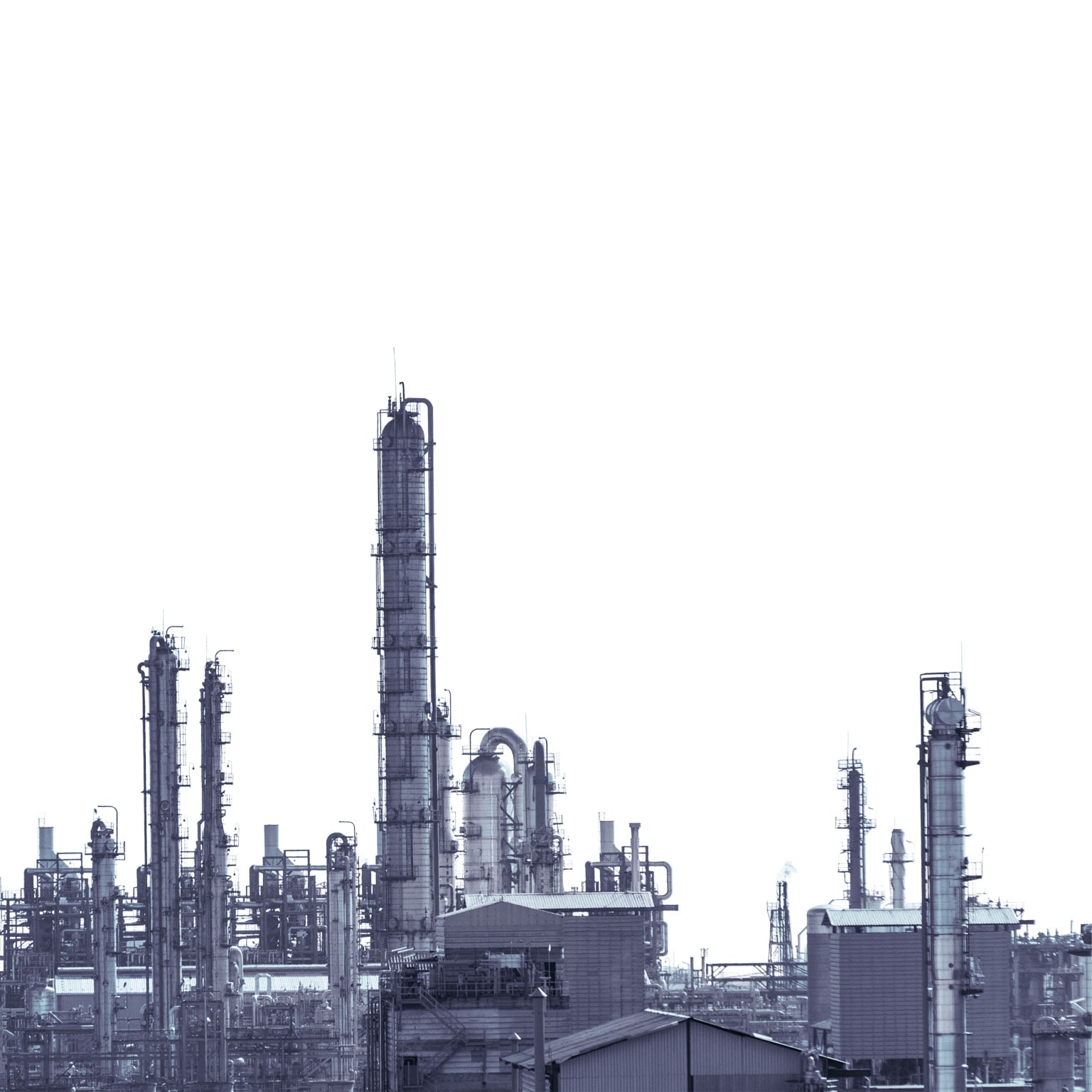In today's industrial landscape, maintaining optimal cleanliness is crucial for ensuring smooth operations and maximizing efficiency. Among the various cleaning methods available, industrial chemical cleaning has emerged as a game-changer. This article delves into the world of industrial chemical cleaning, exploring its significance, applications, and the transformative impact it has on diverse industries.
- Understanding Industrial Chemical Cleaning:
Industrial chemical cleaning refers to the use of specialized chemical solutions to remove contaminants, deposits, and impurities from equipment, machinery, and surfaces. Unlike traditional cleaning methods, such as mechanical or manual cleaning, chemical cleaning offers a more efficient and thorough approach, reaching inaccessible areas and achieving superior results. - Key Benefits and Advantages:
2.1 Enhanced Efficiency: Chemical cleaning solutions are specifically formulated to target and dissolve stubborn deposits, grease, rust, and other contaminants, ensuring a thorough and efficient cleaning process. This leads to improved equipment performance, reduced downtime, and increased productivity.
2.2 Cost-effectiveness: Chemical cleaning eliminates the need for labor-intensive manual cleaning methods, saving both time and resources. Additionally, it helps prevent equipment failures, reducing maintenance costs and extending the lifespan of machinery.
2.3 Environmental Friendliness: With the growing emphasis on sustainability, industrial chemical cleaning offers eco-friendly alternatives to traditional cleaning methods. Many chemical solutions are biodegradable and non-toxic, minimizing environmental impact while maintaining high cleaning standards.
- Applications of Industrial Chemical Cleaning:
3.1 Oil and Gas Industry: Chemical cleaning plays a vital role in maintaining the integrity of pipelines, heat exchangers, and storage tanks. It effectively removes scale, corrosion, and fouling, ensuring optimal performance and preventing costly equipment failures.
3.2 Manufacturing Sector: Industrial chemical cleaning is widely used in manufacturing facilities to clean machinery, molds, and production lines. It eliminates contaminants that can compromise product quality, ensuring consistent output and adherence to industry standards.
3.3 Power Generation: Power plants heavily rely on chemical cleaning to remove deposits and fouling from boilers, condensers, and cooling towers. This enhances heat transfer efficiency, reduces energy consumption, and prolongs equipment life.
3.4 Food and Beverage Industry: Chemical cleaning is essential for maintaining hygiene and preventing contamination in food processing equipment, storage tanks, and pipelines. It eliminates bacteria, biofilms, and organic residues, ensuring food safety and compliance with regulatory standards.
- Best Practices and Safety Considerations:
To ensure safe and effective industrial chemical cleaning, it is crucial to follow best practices and adhere to safety guidelines. This includes proper selection and handling of chemicals, conducting thorough risk assessments, and providing appropriate training to personnel involved in the cleaning process.
Conclusion:
Industrial chemical cleaning has revolutionized the way industries approach cleanliness and maintenance. Its ability to deliver efficient, cost-effective, and environmentally friendly solutions has made it an indispensable tool across various sectors. By harnessing the power of chemical solutions, industries can achieve optimal performance, prolong equipment life, and maintain the highest standards of cleanliness and safety.


